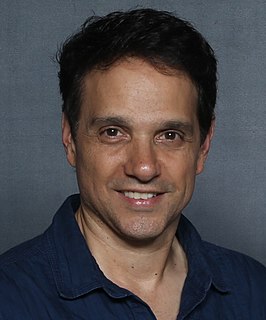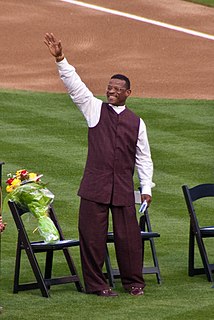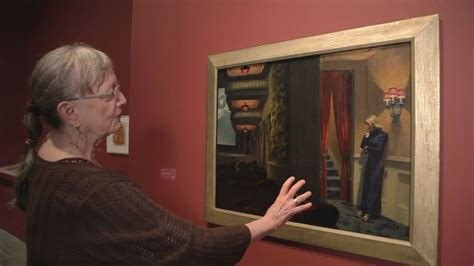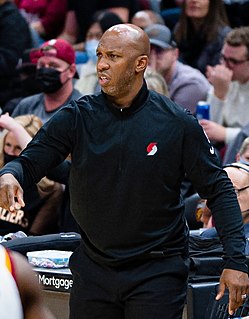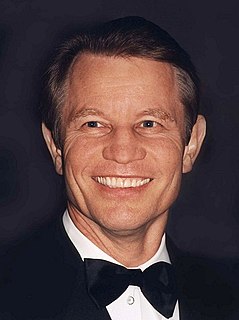A Quote by Paulo Freire
At times, I have been criticized by some philosophers of education, who place me in postures that they classify pejoratively as 'revolutionary.' But I have had the satisfaction of being invited to work in societies making progressive efforts without wavering. They were changing, and so they called on me.
Related Quotes
I think different societies, cultures, individuals, teams of people, make the world a better place. The founding fathers, they made New England, they made those 13 colonies. I don't know if they thought they were changing the world or just changing their world, but they did make the world a better place. Doctors that cure patients or cure diseases or make discoveries, they're making the world a better place. Can I make the world a better place by selling underpants? Not really. That's just the means. That gives me resources to try to make the world a better place.
A good friend of mine took me out and had me hit off a tee. He made me understand what was my strike zone and - with my speed - the importance of making contact. So I give him a lot of credit for changing my game and making me the player I became. He showed me how to work on me and my game, and not worry about patterning myself after someone else and focusing on what they were capable of doing rather than what I was capable of doing.
The sky was different, without color, taut and unforgiving. But the water was the most unforgiving thing, nearly black at times, cold enough, I knew, to kill me, violent enough to break me apart. The waves were immense, battering rocky beaches without sand. The farther I went, the more desolate it became, more than any place I'd been, but for this very reason the landscape drew me, claimed me as nothing had in a long time.
There are a few societies that show signs of having been very rational about the physics of construction and the physics of real life. Some of the old middle-Eastern societies had downdraft systems over whole cities, and passive, rapid-evaporation ice-making systems. They were rational people using good physical principles to make themselves comfortable without additional sources of energy.
I never heard anything so brilliant in my life as I did that first time I heard Ornette. He played like some revolutionary angel. Soon, we were rehearsing in his place, music scattered everywhere, and he was telling me to play outside the chord changes, which was exactly what I had been wanting to do. Now I had permission.
My whole childhood, that made my skin curl. I was looking for something authentic. I think that drove me into the arts, I really do. That really did it. The only other thing that made me survive, as a human being, was getting into the arts. I was surrounded by people that were very bright and they invited you in. They were gracious. So, it gave me a great education.
How many times have I wondered if it is really possible to forge links with a mass of people when one has never had strong feelings for anyone, not even one's own parents: if it is possible to have a collectivity when one has not been deeply loved oneself by individual human creatures. Hasn't this had some effect on my life as a militant--has it not tended to make me sterile and reduce my quality as a revolutionary by making everything a matter of pure intellect, of pure mathematical calculation?
There were times in my career where I could have easily been traded, easily been given up on, and I think me making strides, me making a commitment to myself to come in and get better showed people what I could do each year. From there, people started to believe in me, and the organization believed in me, and once that happened, it was on me to take this thing on.
Today, I am wondering what would have happened to me by now, if, fifty years ago, some fluent talker had converted me to the theory of the eight-hour day and convinced me that it was not fair to my fellow-workers to put forth my best efforts in my work? I am glad that the eight-hour day had not been invented when I was a young man. If my life had been made up of eight-hour days, I don't believe I could have accomplished a great deal.



